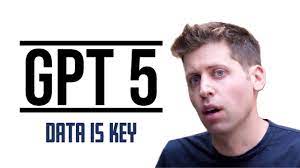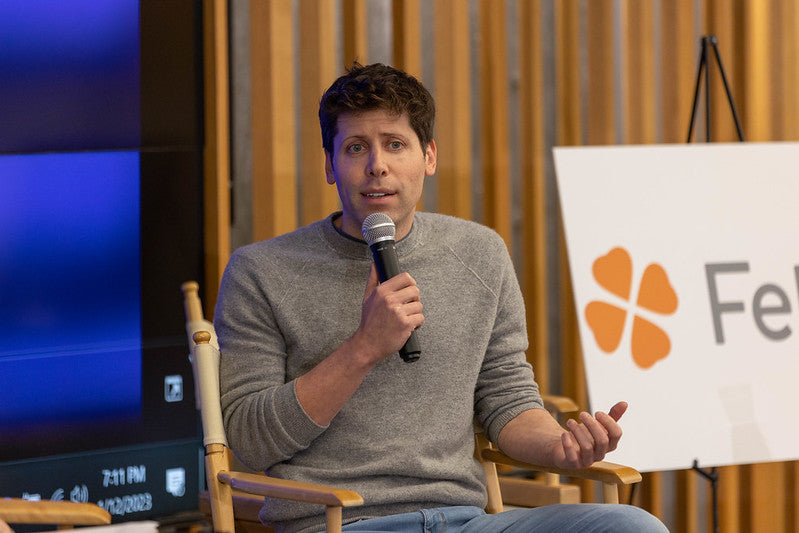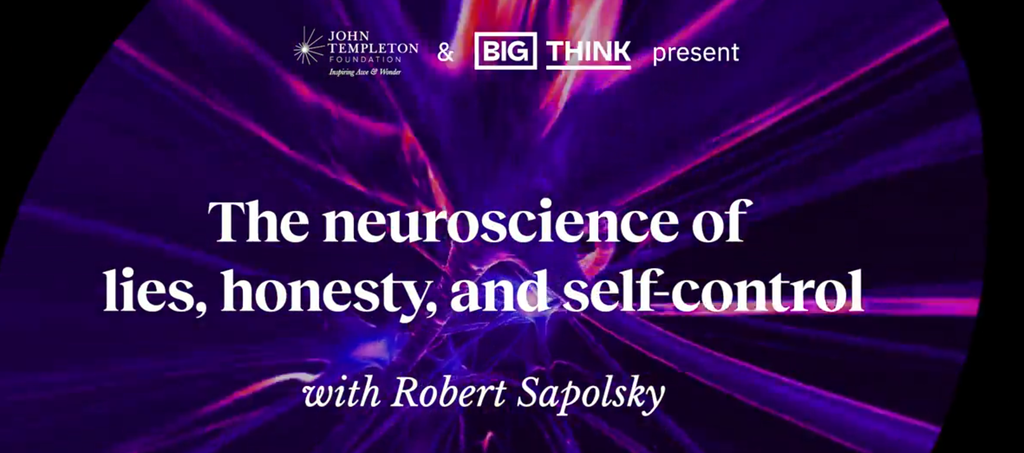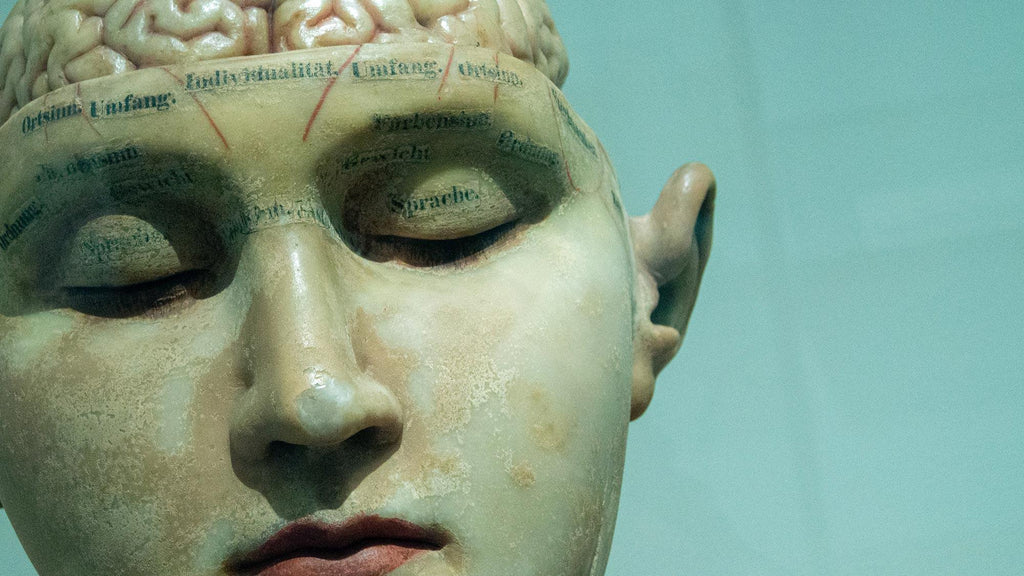Deep Thought RSS
GPT 5 is All About Data
Drawing upon 6 academic papers, interview snippets, possible leaks, and my own extensive research, I put together everything we might know about GPT 5: what will determine its IQ, its timeline and its impact on the job market and beyond. Starting with an insider interview on the names of GPT models, such as GPT 4 and GPT 5, then looking into the clearest hint that GPT 4 is inside Bing. Next, I briefly cover reports of a leak about GPT 5 and discuss the scale of GPUs require to train it, touching on the upgrade form A100 to...
OpenAI releases GPT-4, a multimodal AI that it claims is state-of-the-art
OpenAI has released a powerful new image- and text-understanding AI model, GPT-4, that the company calls “the latest milestone in its effort in scaling up deep learning.” GPT-4 is available today to OpenAI’s paying users via ChatGPT Plus (with a usage cap), and developers can sign up on a waitlist to access the API. Pricing is $0.03 per 1,000 “prompt” tokens (about 750 words) and $0.06 per 1,000 “completion” tokens (again, about 750 words). Tokens represent raw text; for example, the word “fantastic” would be split into the tokens “fan,” “tas” and “tic.” Prompt tokens are the parts of words fed into GPT-4 while completion tokens...
The neuroscience of lies, honesty, and self-control with Robert Sapolsky
Can we condition ourselves to become heroes? Neuroscientist Robert Sapolsky on the science of temptation, and the limitations of your brain’s frontal cortex. Ever hear the expression “it’s all in your mind”? According to Robert Sapolsky all the negativity in the world might all be coming from one part of the brain: the frontal cortex. The science of temptation runs parallel to the science of why people make “bad” decisions. Sapolsky explains how active the frontal cortex can be in some people when they have the opportunity to do a bad thing… and how calm it can be in...
Maintaining "standards of evidence" is the most important and least appreciated idea in science.
We live in a world dominated by science, but most people don't understand its most essential characteristic: establishing standards of evidence to keep us from getting fooled by our own biases and opinions. KEY TAKEAWAYS Maintaining standards of evidence is the most important and least appreciated idea in science. Modern science was established in the late Renaissance when networks of researchers began working out best practices for linking evidence with conclusions. In the face of science denial and attempts to create a post-truth society, we have to protect the primacy of standards of evidence in science and society. Adam FrankI...
Tags
- All
- AGI
- AI
- AI Factories
- AI Models
- Artificial Cognition
- Autism Spectrum
- Avatars
- Azure Open AI
- Bias Compensation
- cobots
- Cognition Enhancement
- Cognitive Bias
- DALL-E 2
- Deep Thought
- Digital Minds
- Ethical AI
- Evolutionary Psychology
- Finance
- Gad Saad
- Generative AI
- GPT-4
- GPT-5
- Ignite 2022
- Infrastructure
- John Koetsier
- Kosmos-1
- Lex Fridman
- Malevolent Minds
- Microsoft Copilot
- Microsoft Power Virtual Agents
- Multimodal Large Language Model
- Neil deGrasse Tyson
- Pre-Singularity
- Real-Time Inferencing
- Sabine Hossenfelder
- Sam Harris
- Scalability
- Science
- Singularity
- Singularity Philosophy
- Singularity Ready
- Social Robots
- Storytelling
- Synthetic Minds
- Tesla





